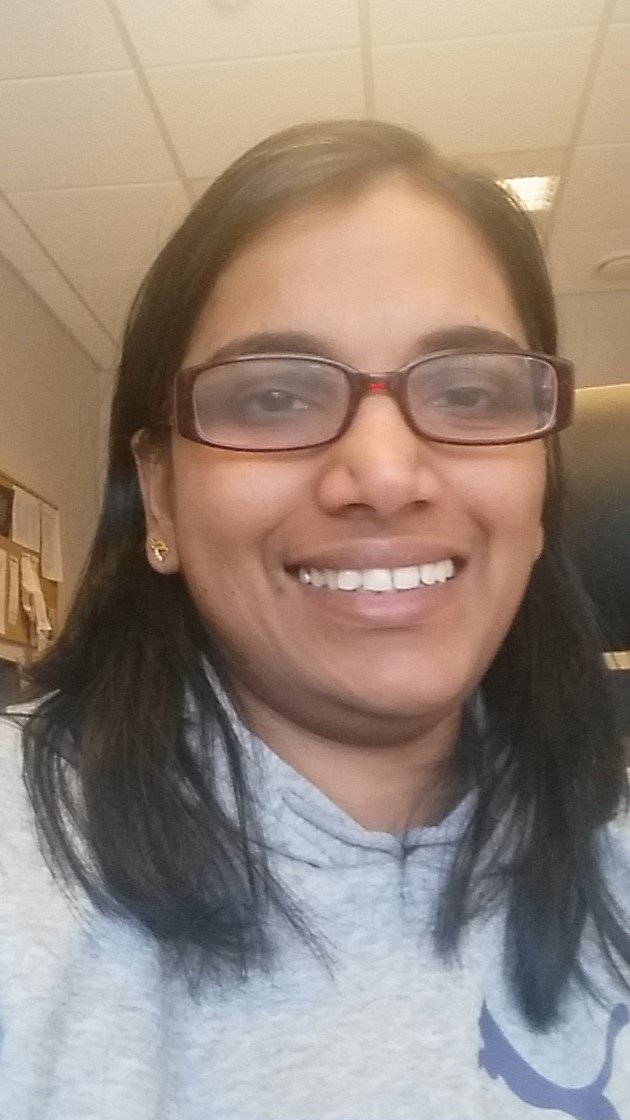Abstract
Have you heard about abnormal seasonal variations, extreme hot and cold weather conditions in several parts of the world nowadays? Do you know that glaciers in Svalbard and Alaska are melting? Climate change is almost known and live. Unless otherwise there is a mechanism to control the atmospherics GHGs well below to a level that the earth can naturally balance them, no guarantee can be provided that the living beings can protect themselves from the adverse effects of climate change. That is why USN engages in extensive research on “carbon dioxide capture and storage” (CCS). To capture CO2 from power plants and industrial sources, CO2 capture by monoethanolamine (MEA) process has been selected as the most feasible option and is ready to implement in commercial scale. We performed a study to face one of challenges in this journey for commercial deployment by providing an online solvent monitoring system.
Conventionally, the CO2 capture process in plants is monitored mainly by gas phase analysis (online, eg: by FTIR instrument) and calculating the CO2 removal efficiency. Liquid phase analysis is performed frequently by extracting manual samples from process streams, taking them to the laboratory and analysing. The popular analysis method is titration to determine the amount of CO2 absorbed by the solvent (MEA) and MEA concentration. Based on these results, the plant engineers take decisions and control the process. If there is an online monitoring system to replace this tiring job, it reduces the plant downtime, resources, money and number of wrong decisions. It makes the plant operation easier. The PhD project research on “Process analytical technology for real-time speciation of aqueous phase CO2 capture solvents” provides a solution for this.
We used a Raman spectrometer, which can be connected directly to the process, stream and take signals from the liquid phase in every one minute-time interval. The signal is treated by a software to reduce its noise and the signal having high amount of chemical information is separated. Then the signal is converted into a concentration value using multivariate modelling and chemometrics methods. Our system can predict the concentration in the process stream in different ways; it can say the concentration of all types of important chemical species in the system. This means, the total CO2 absorbed by amine, free amine, protonated amine, carbonate, bicarbonate and carbamate concentration can be monitored in-situ. The developed method was demonstrated by a 3-day pilot test campaign at PACT facility in Sheffield, UK.
